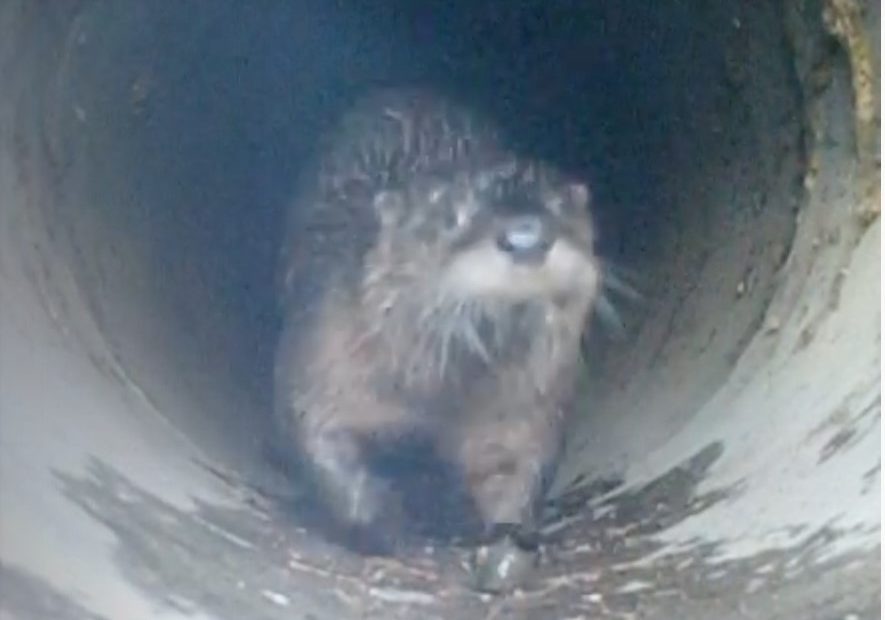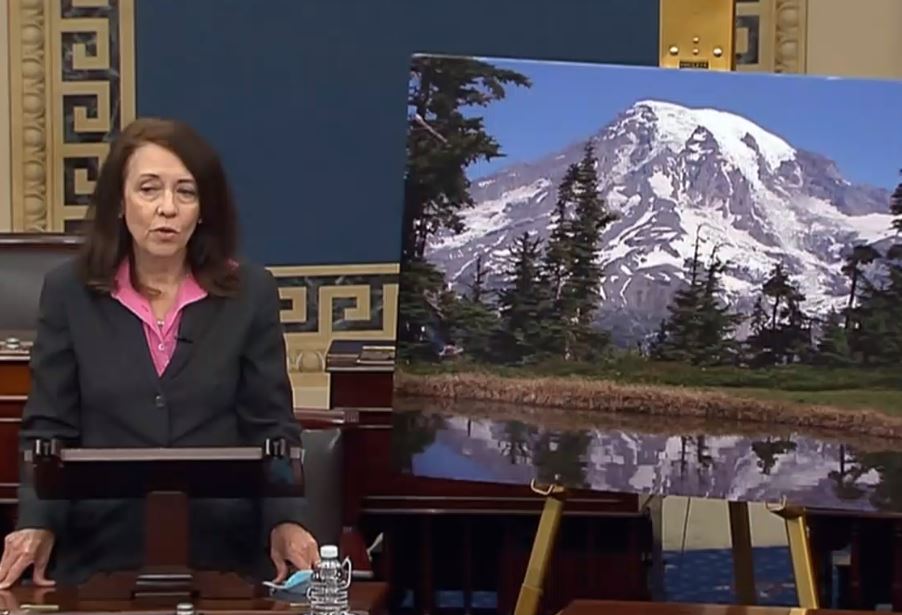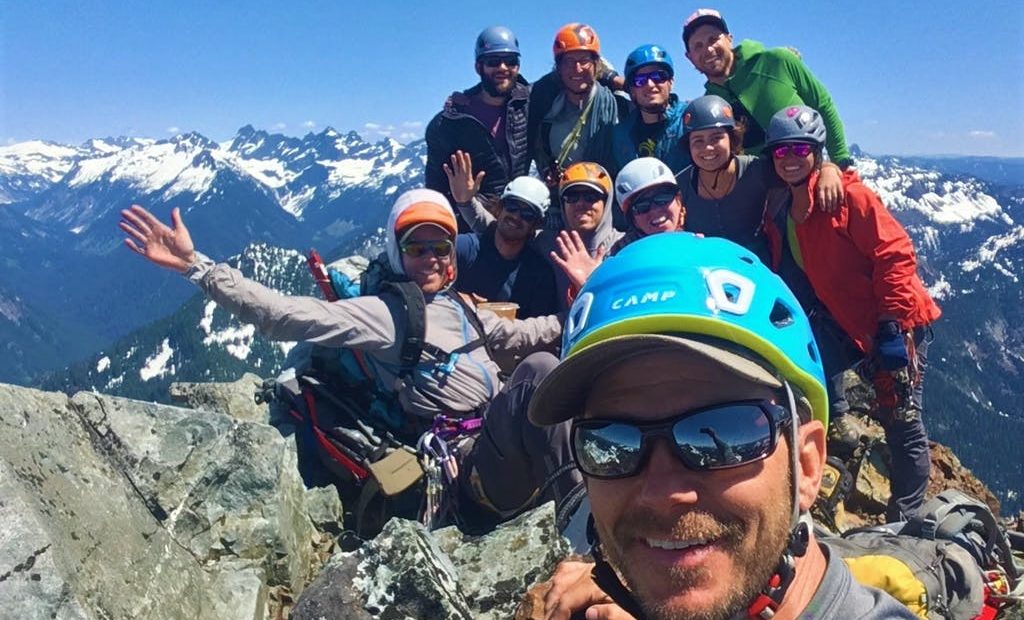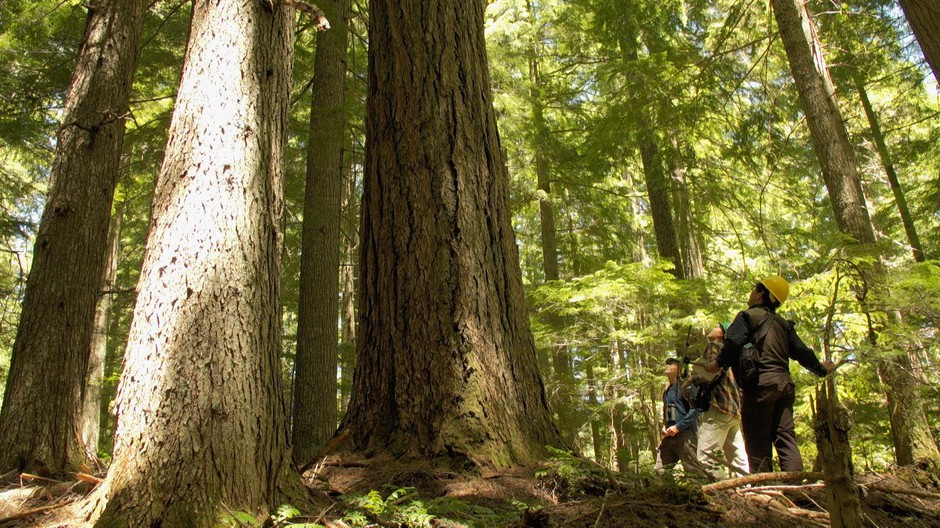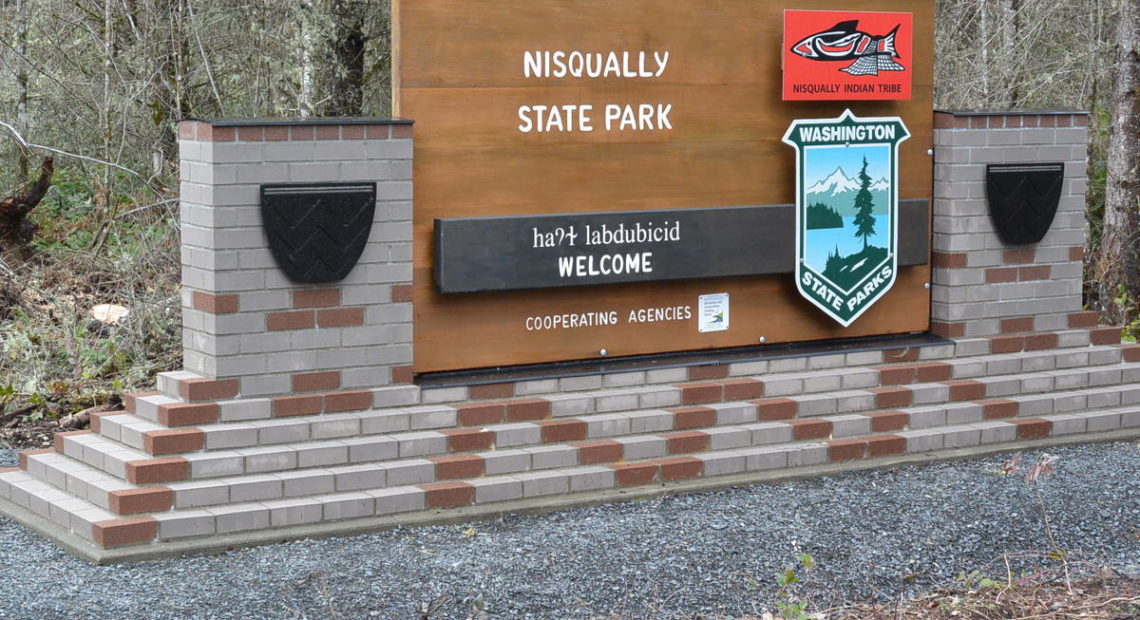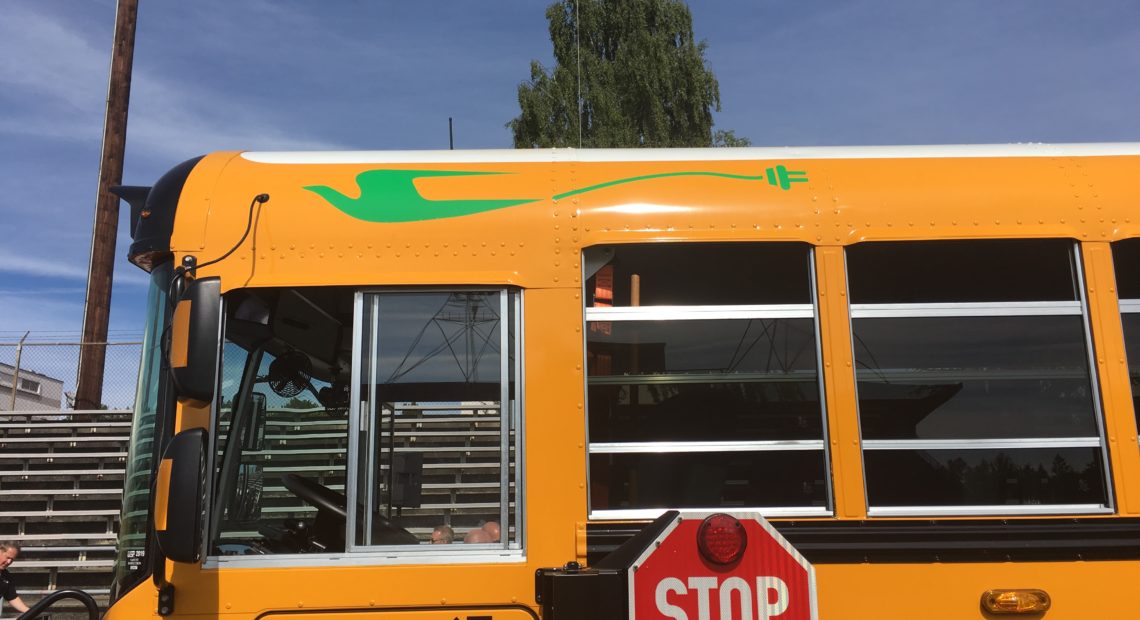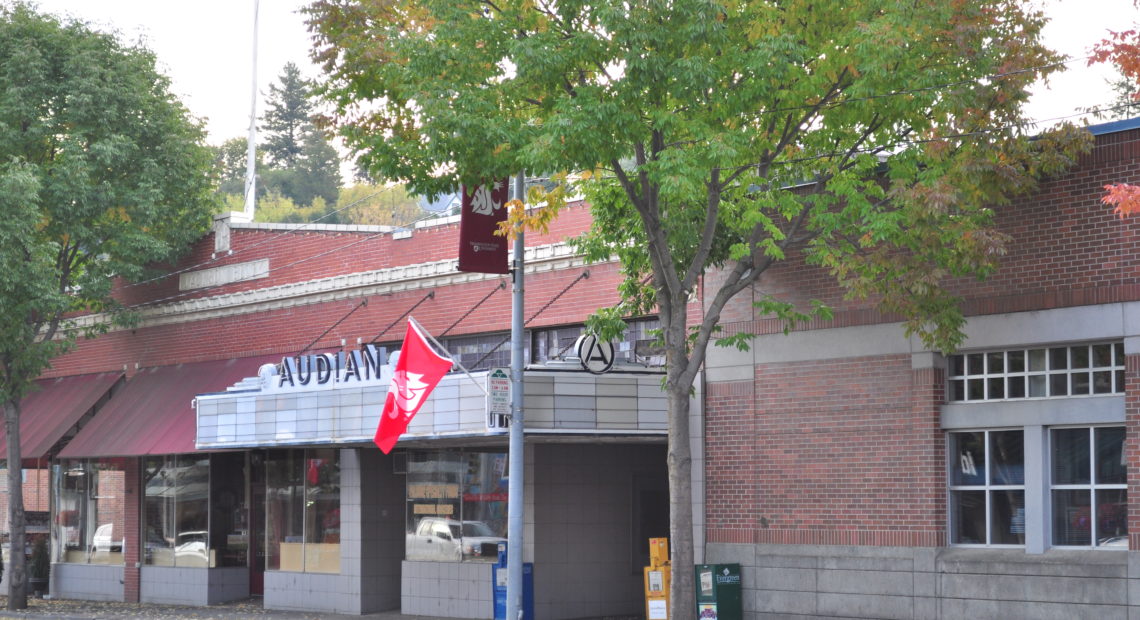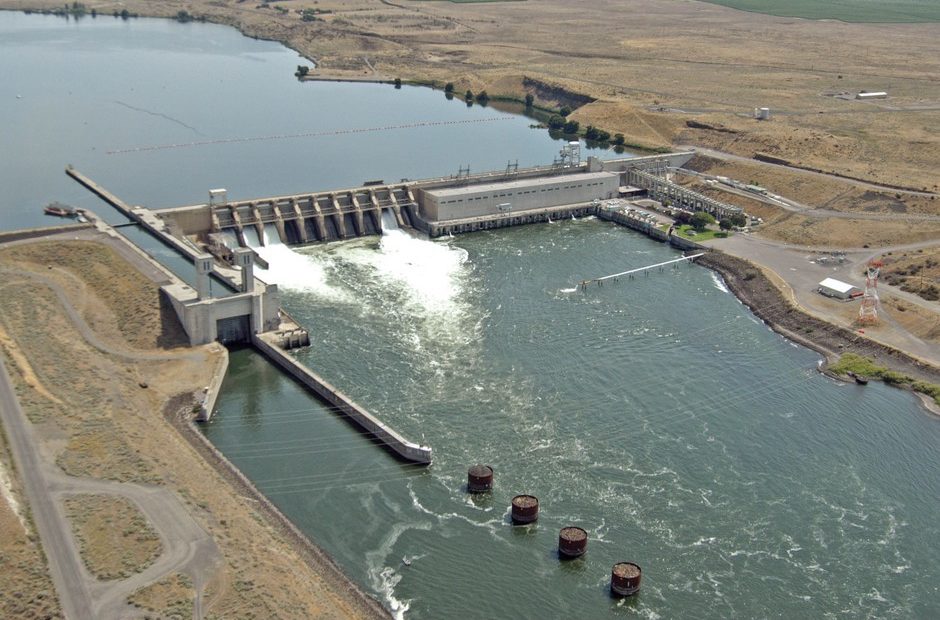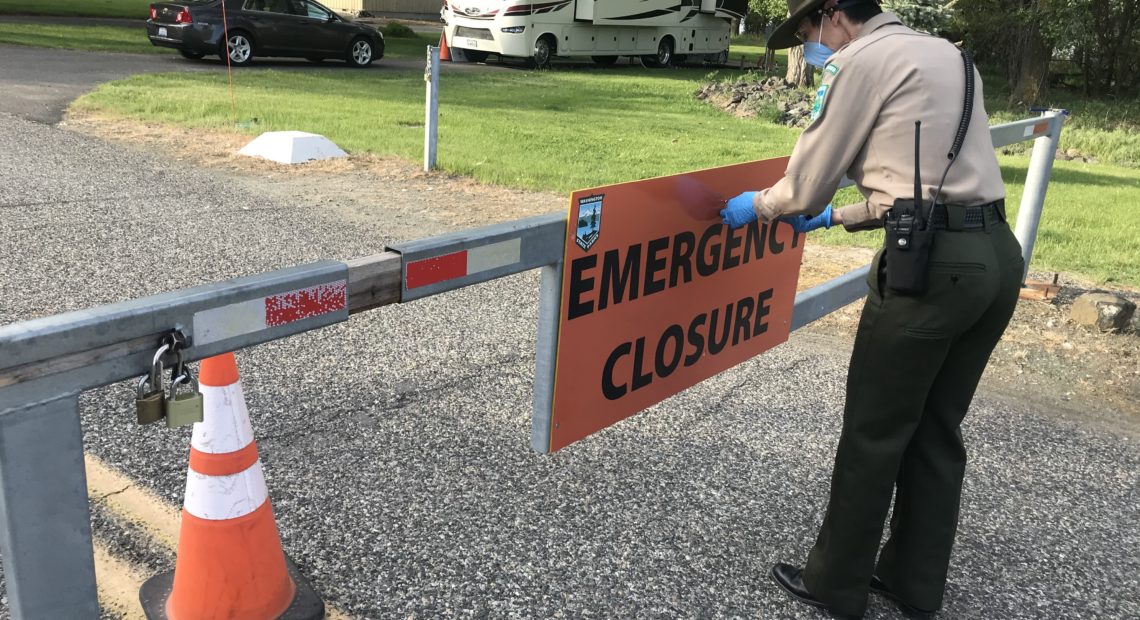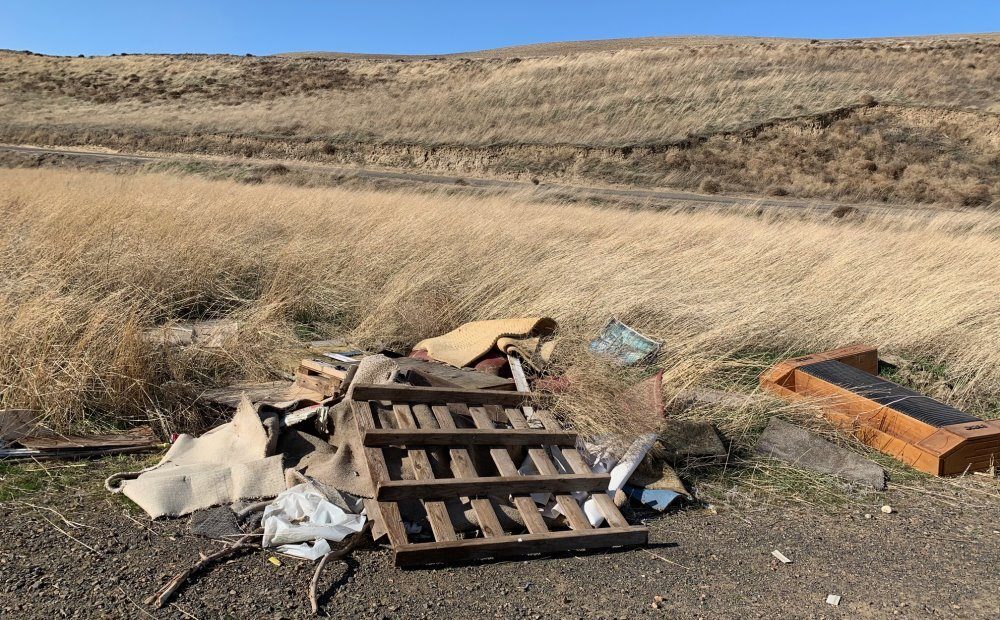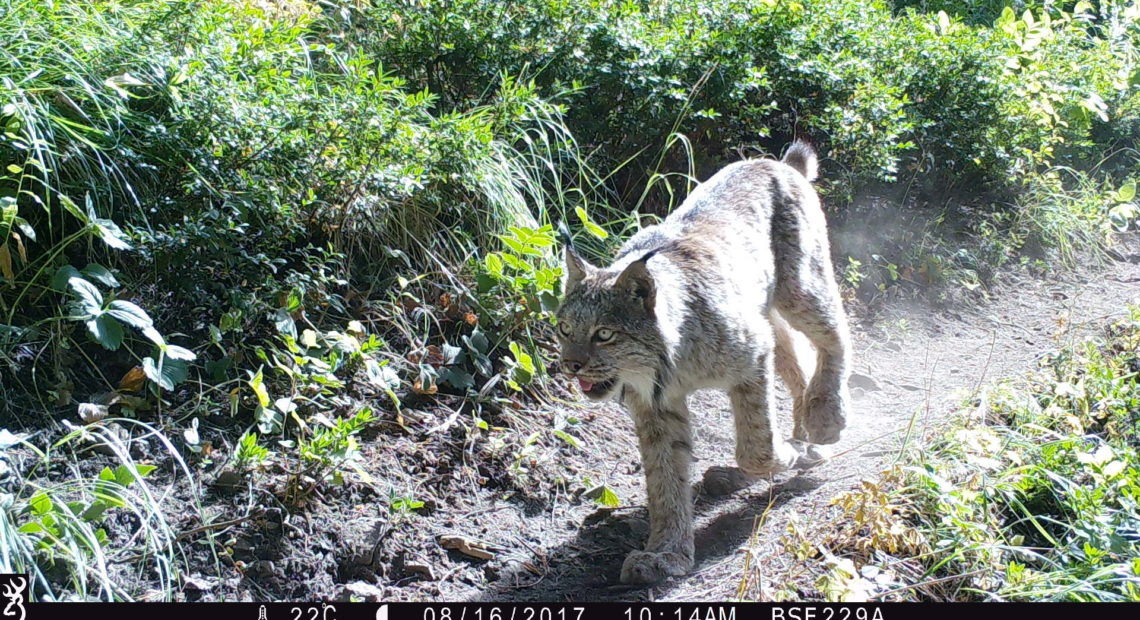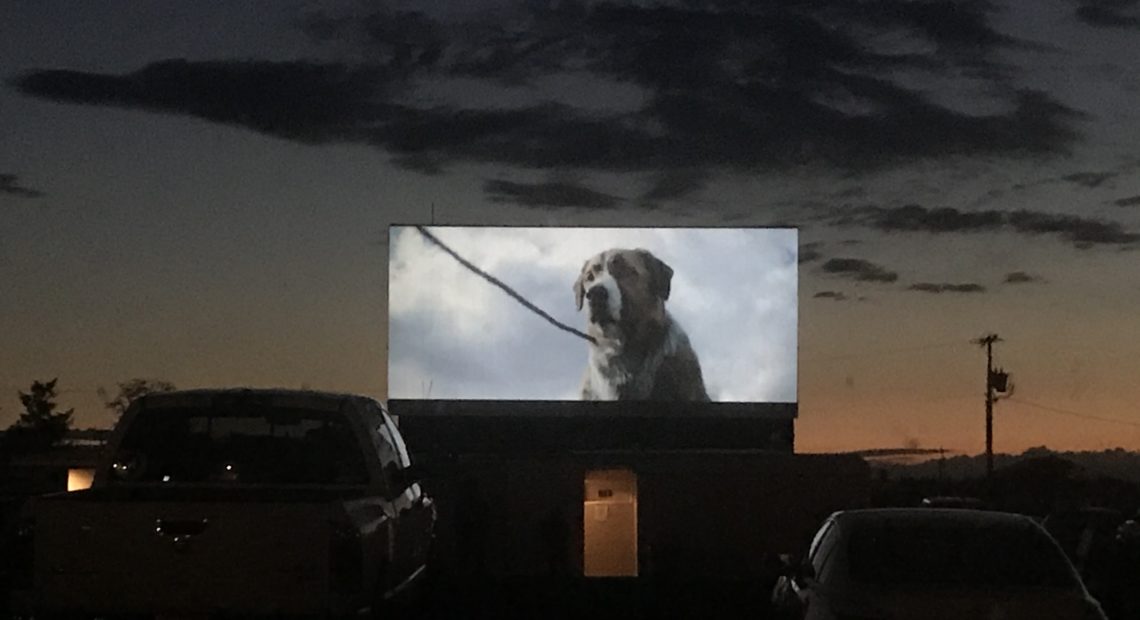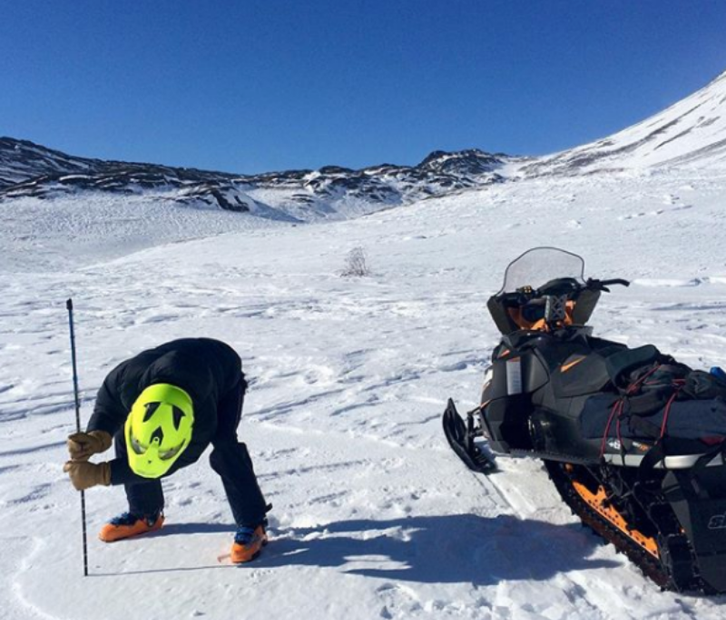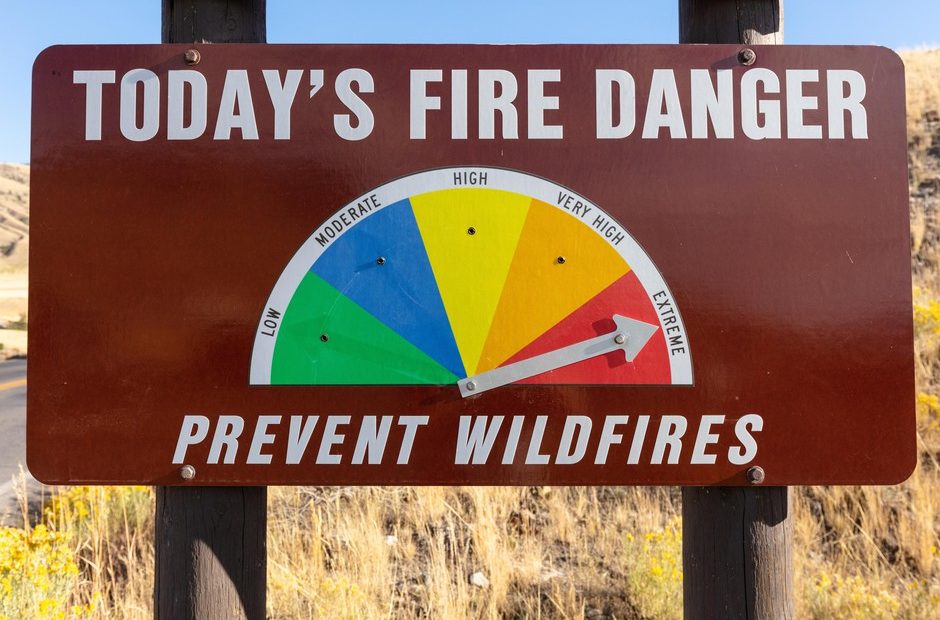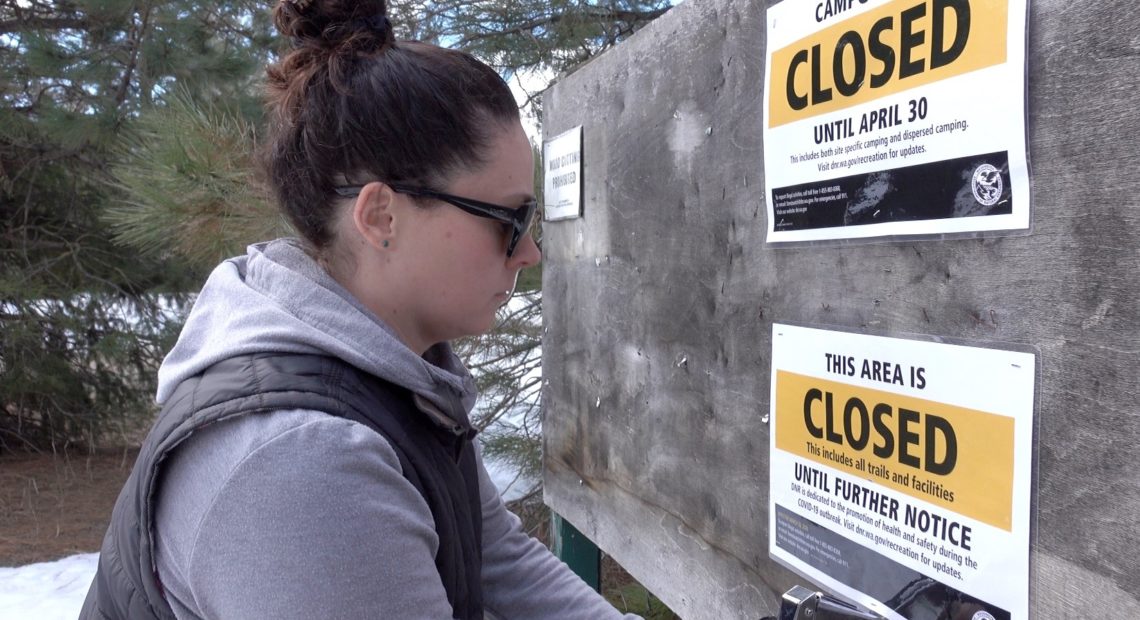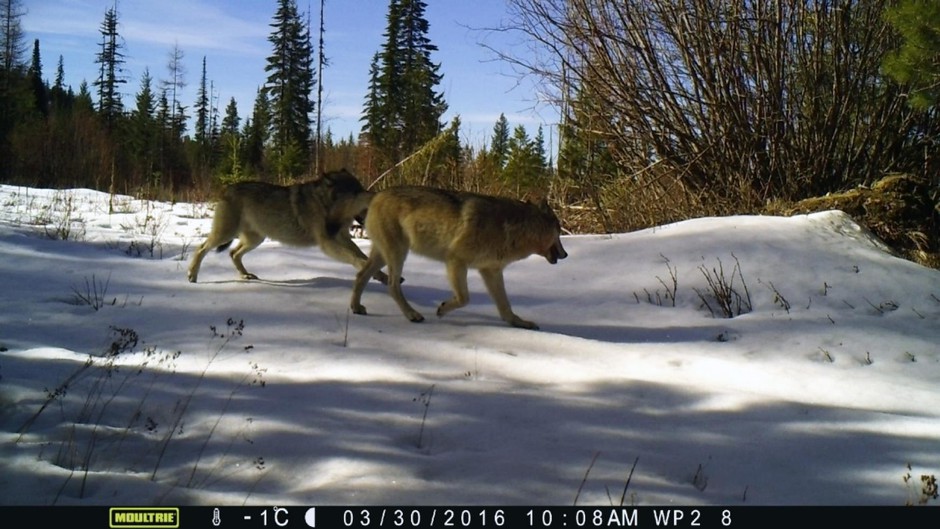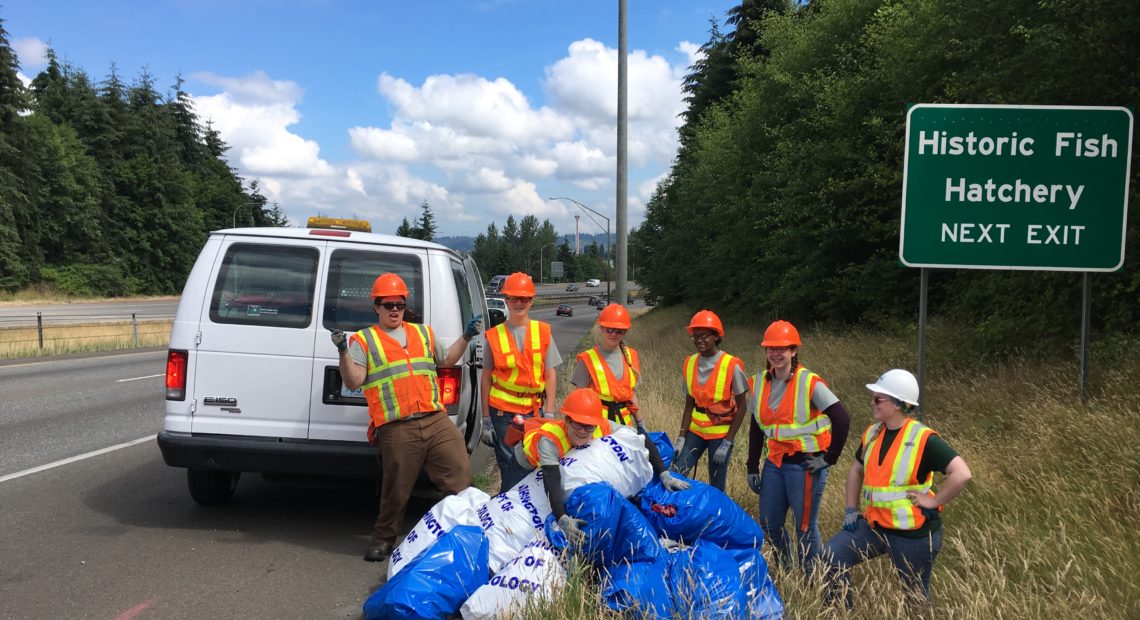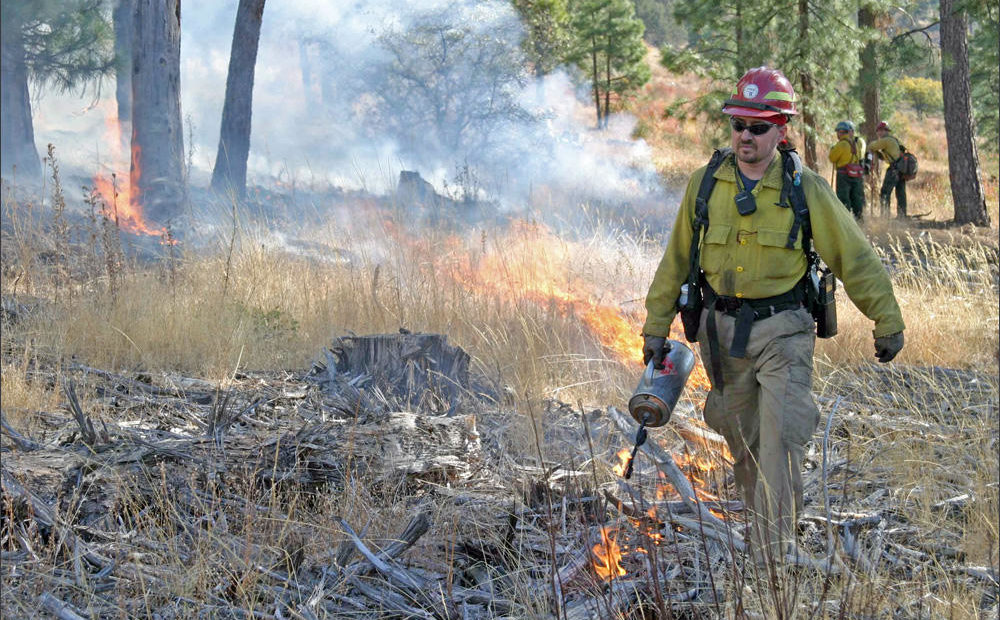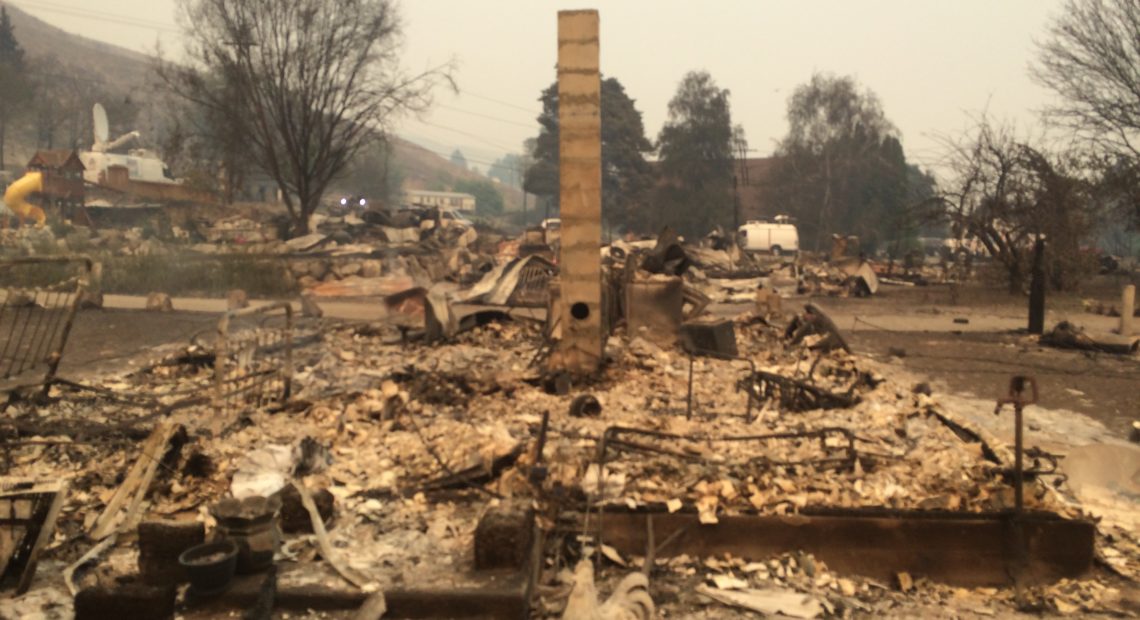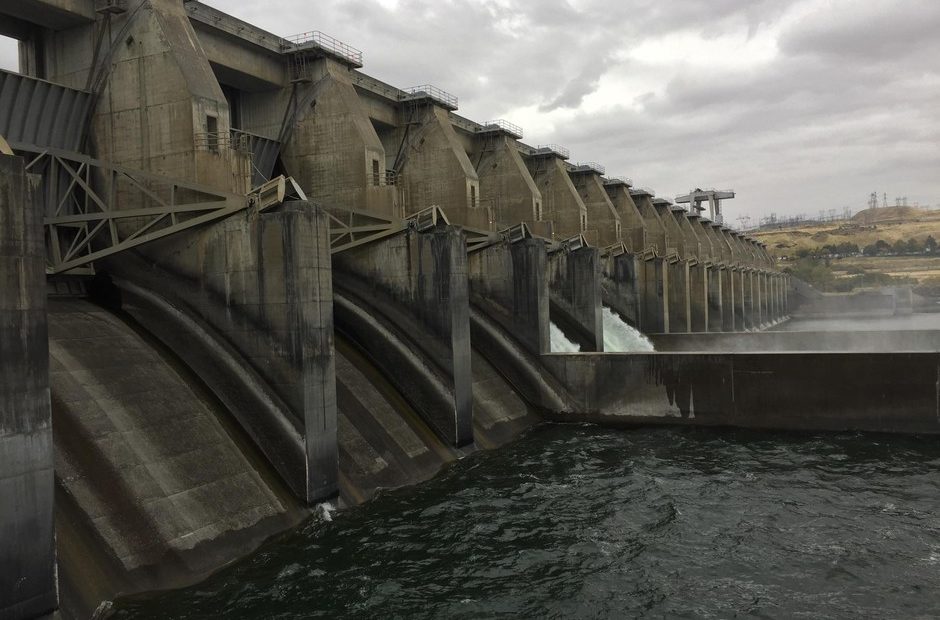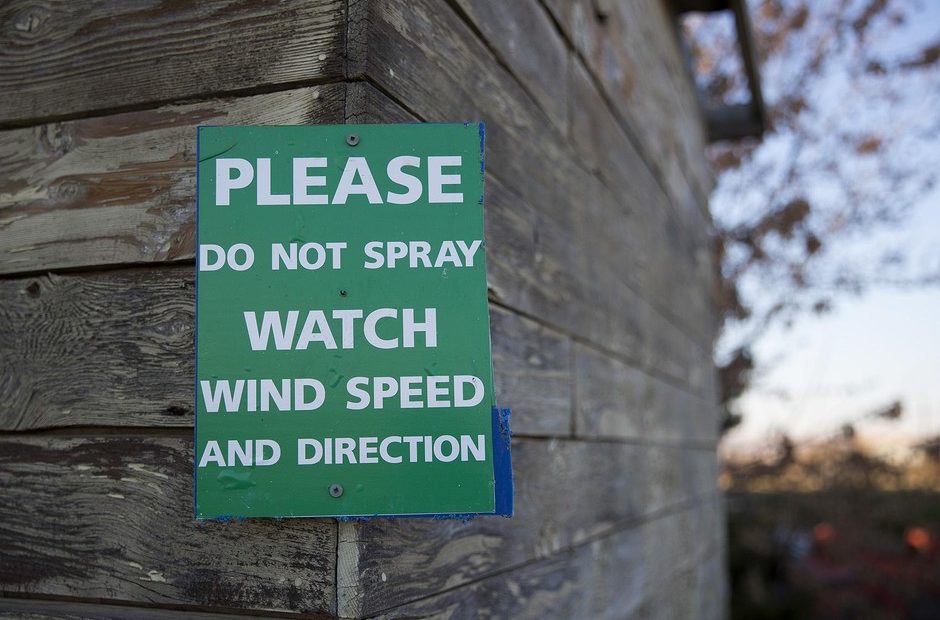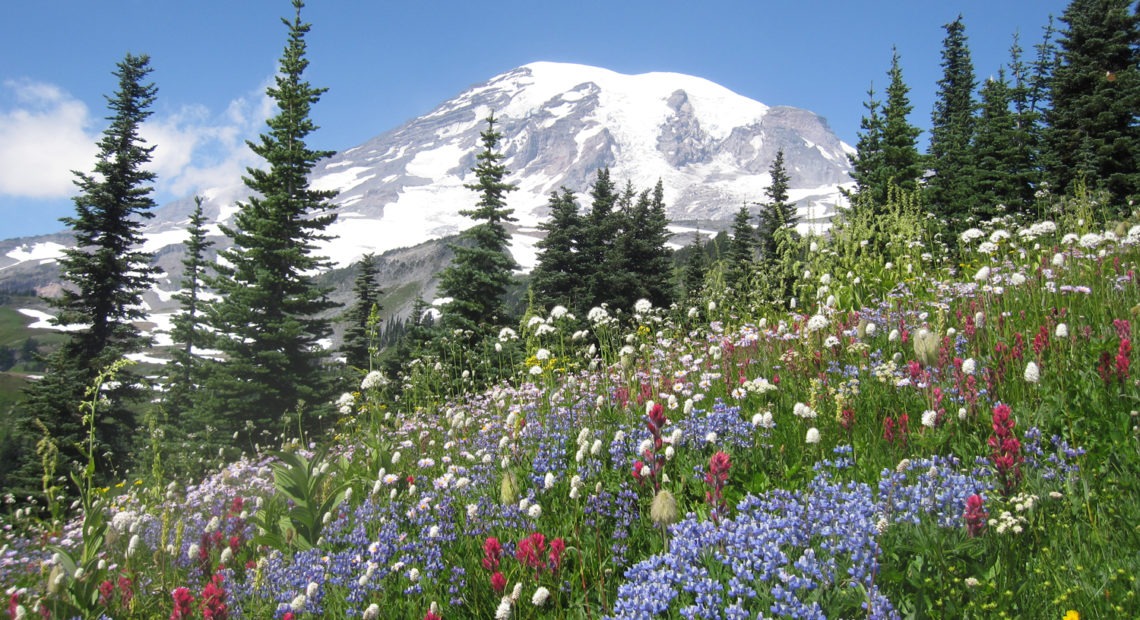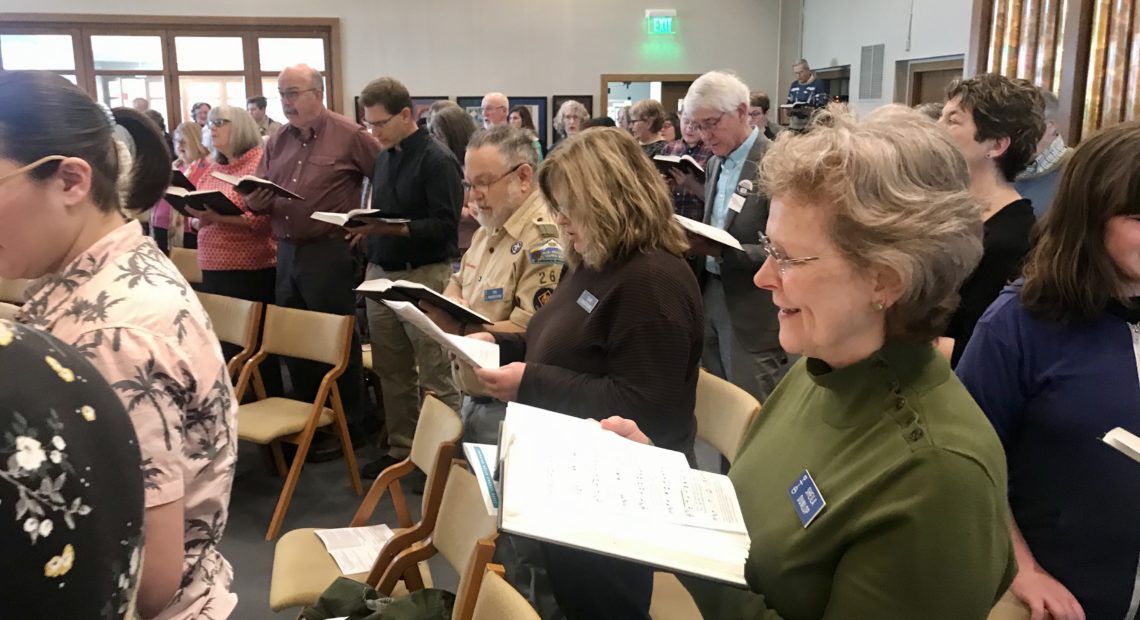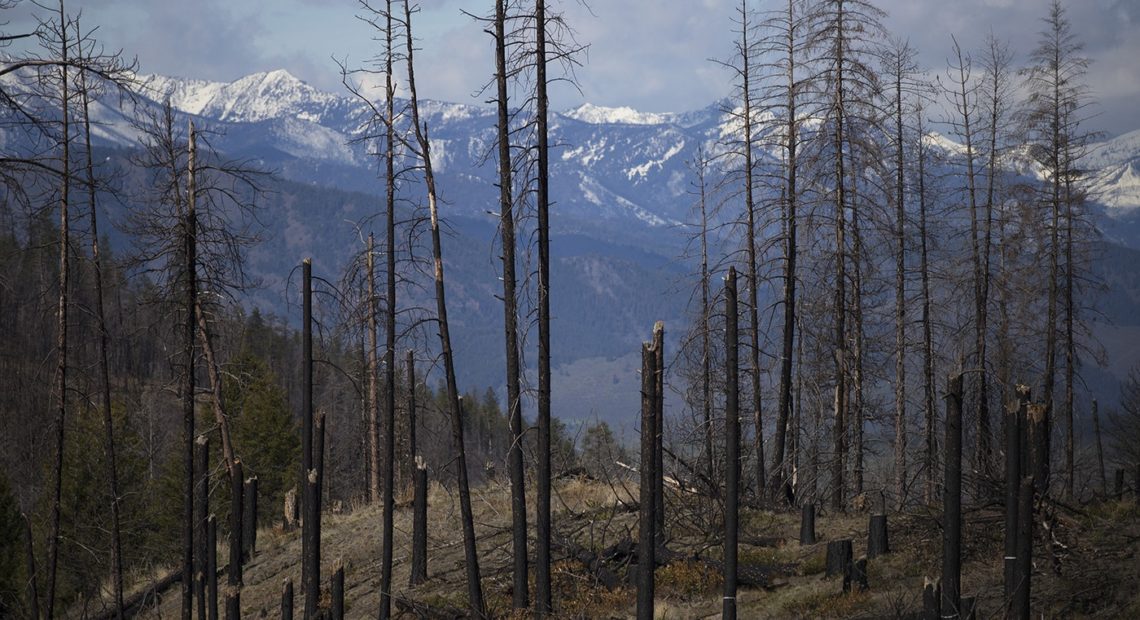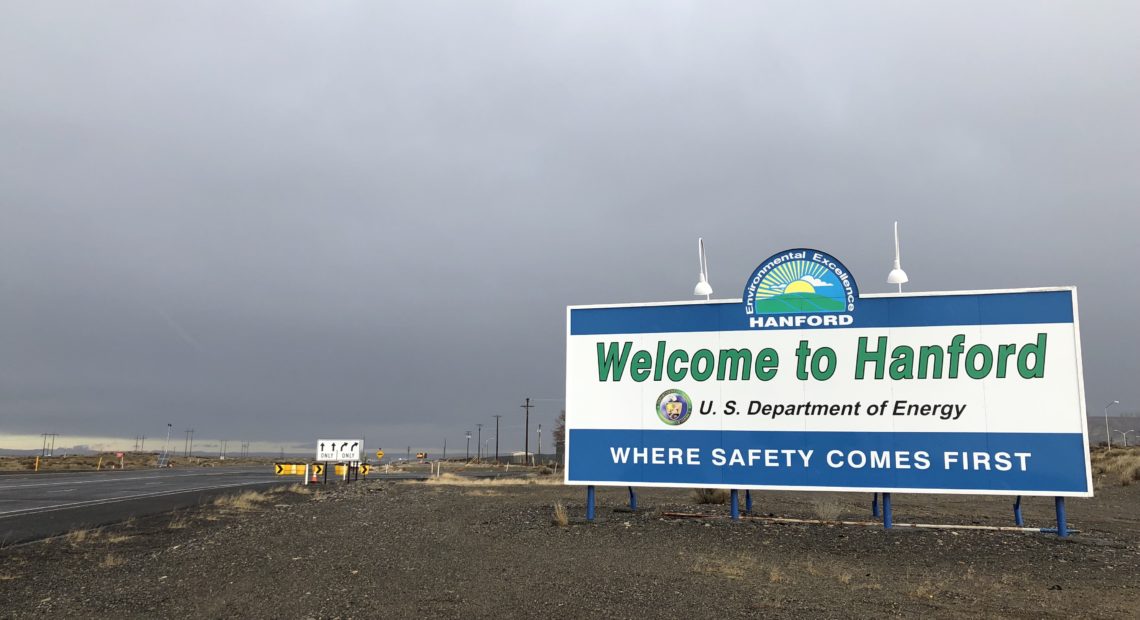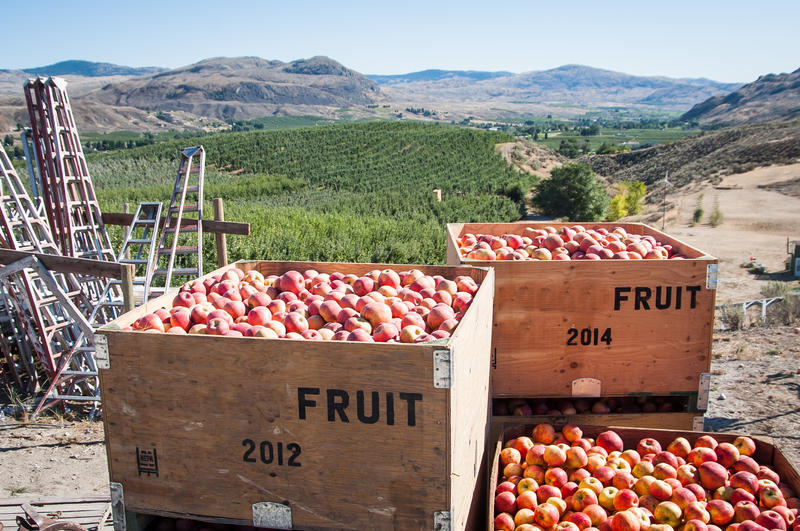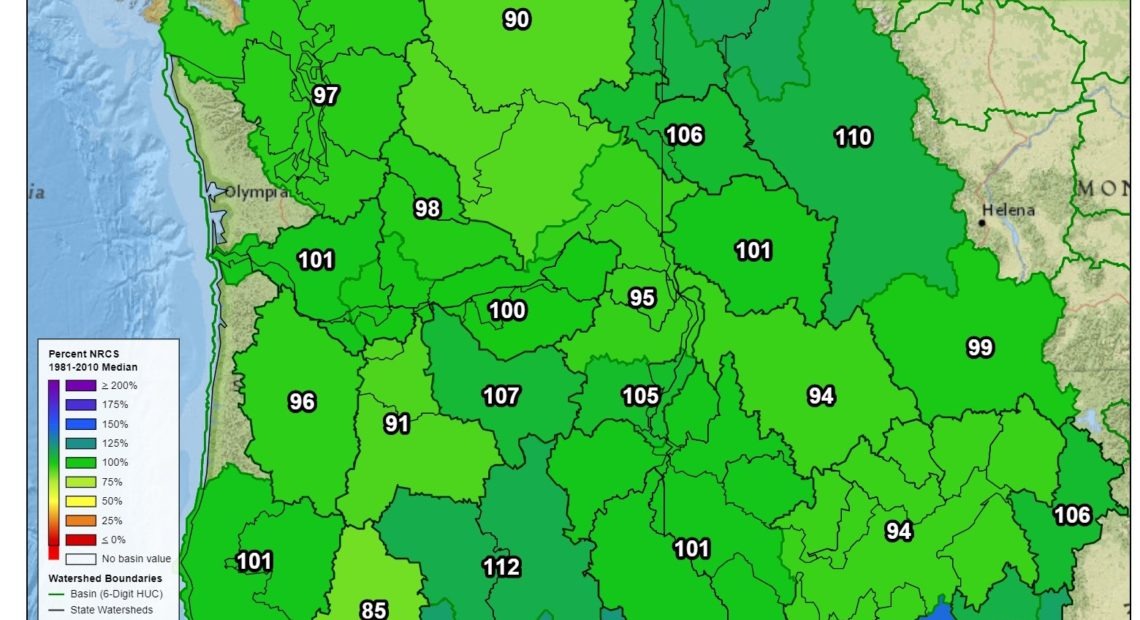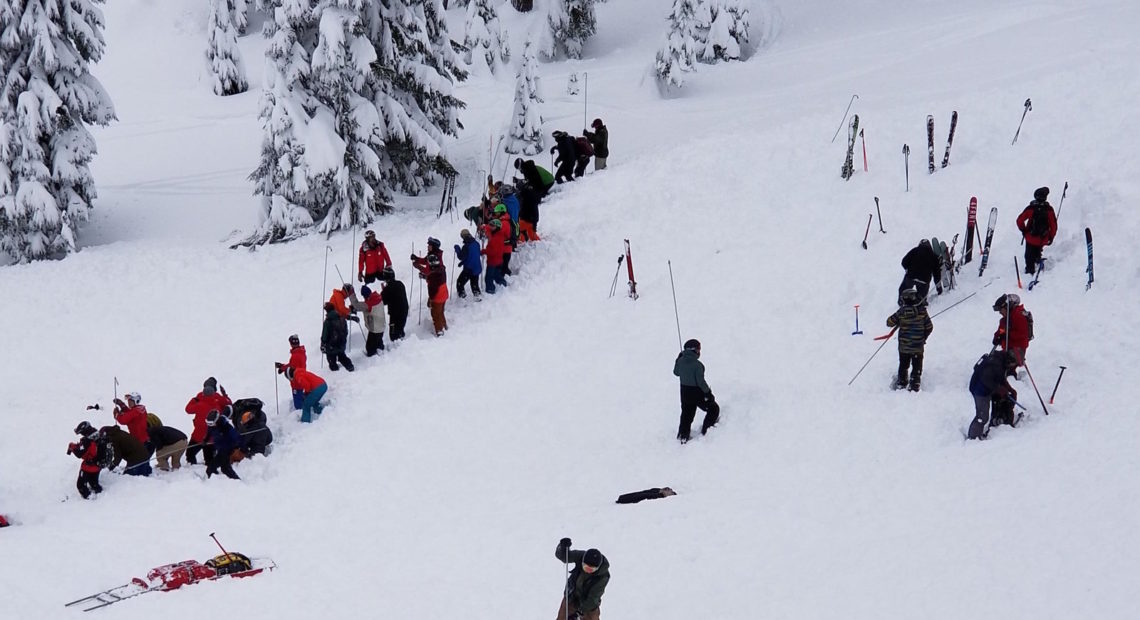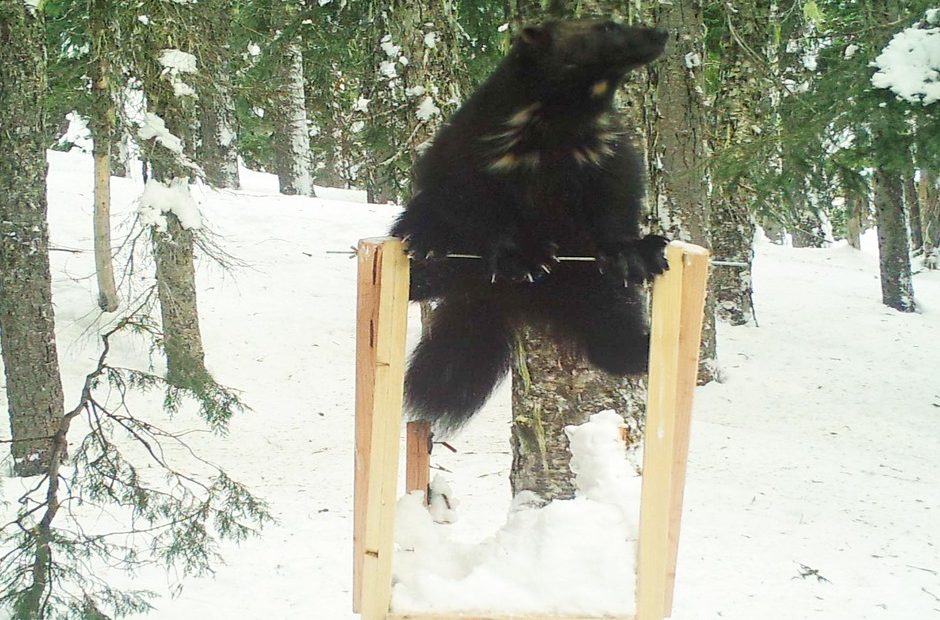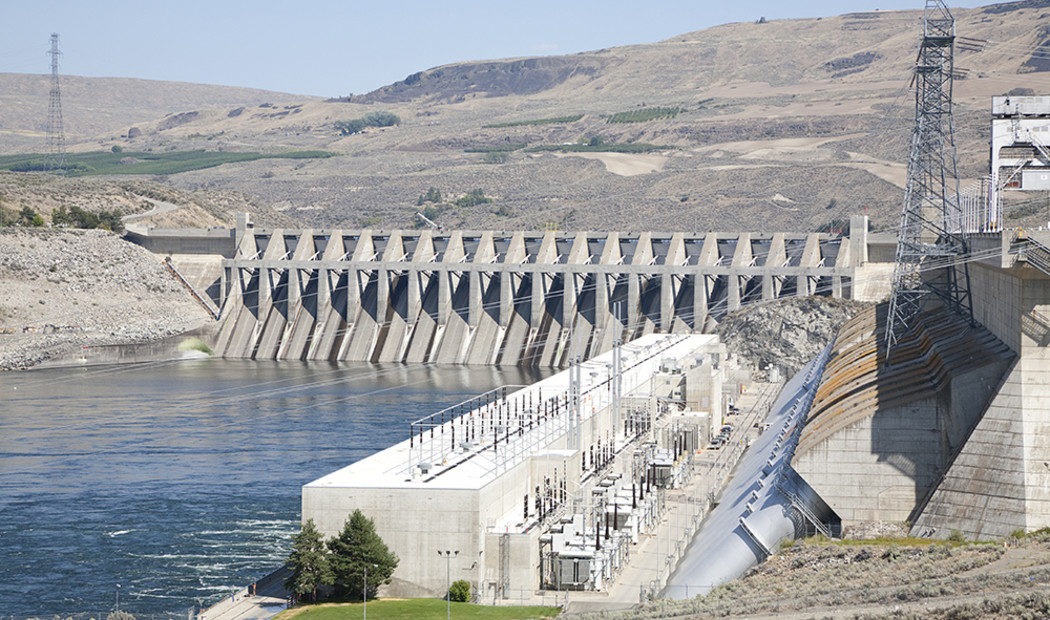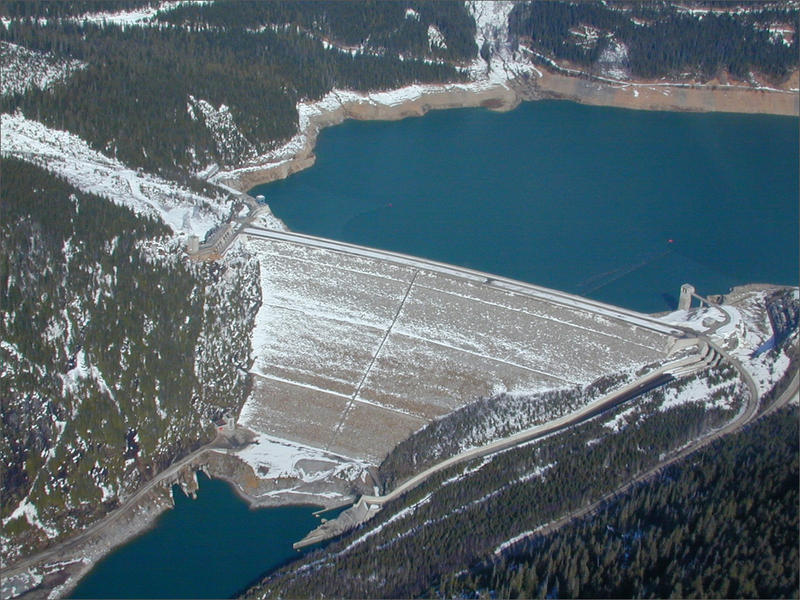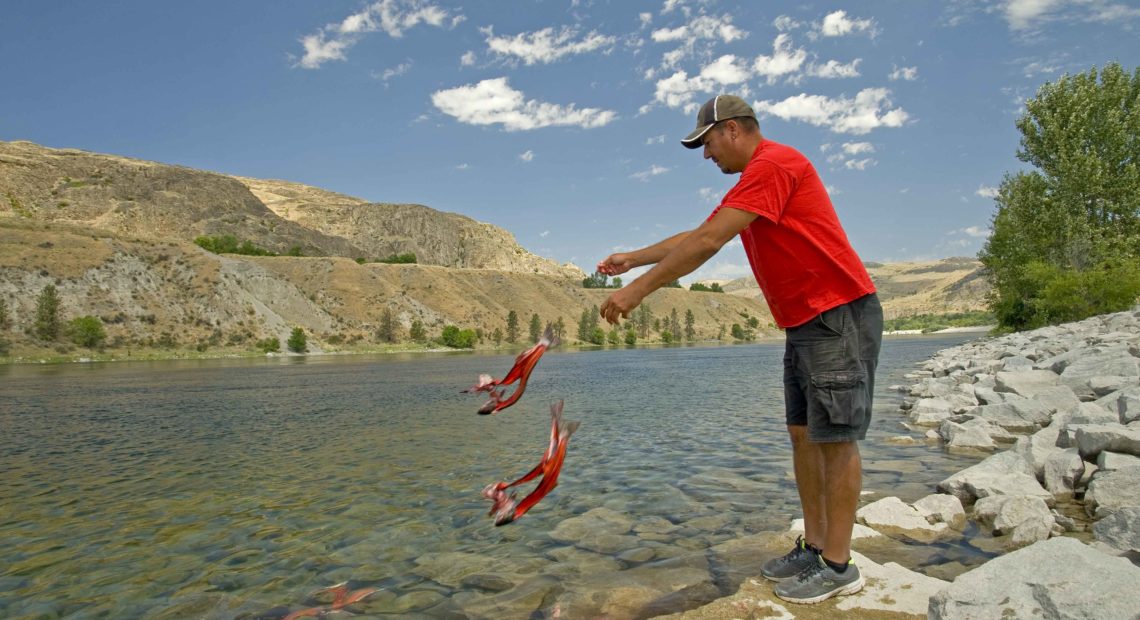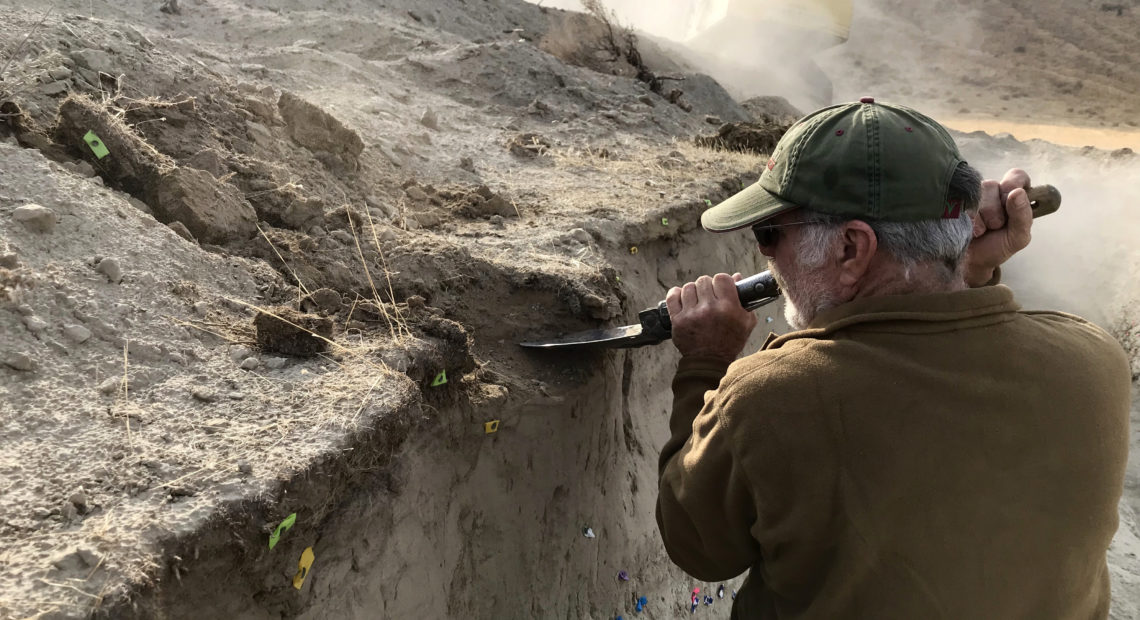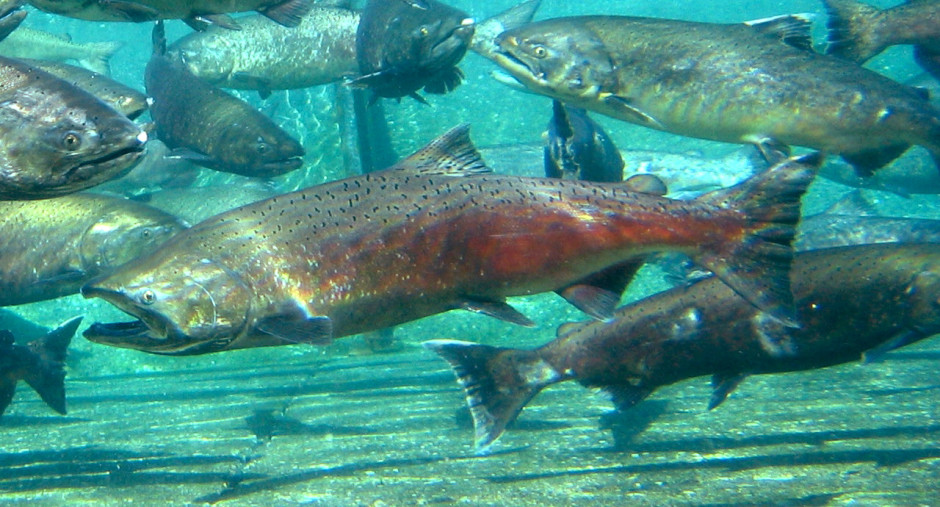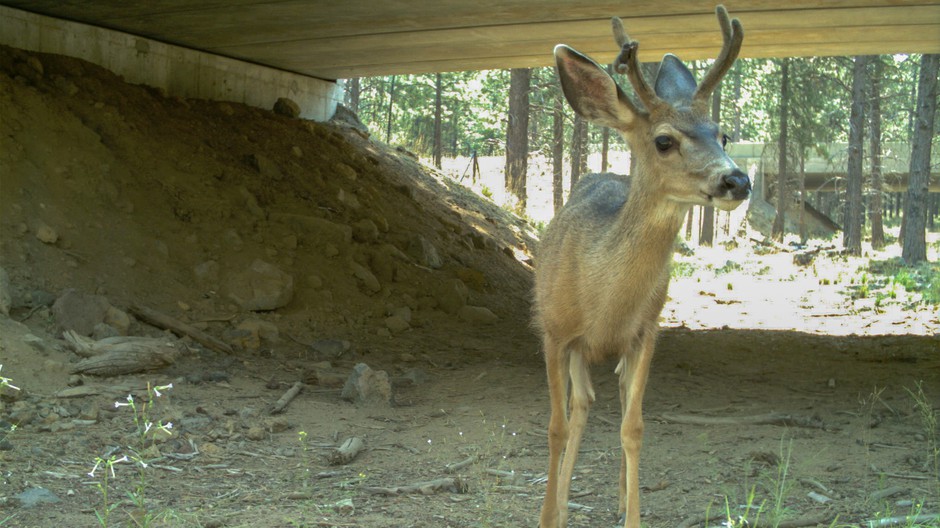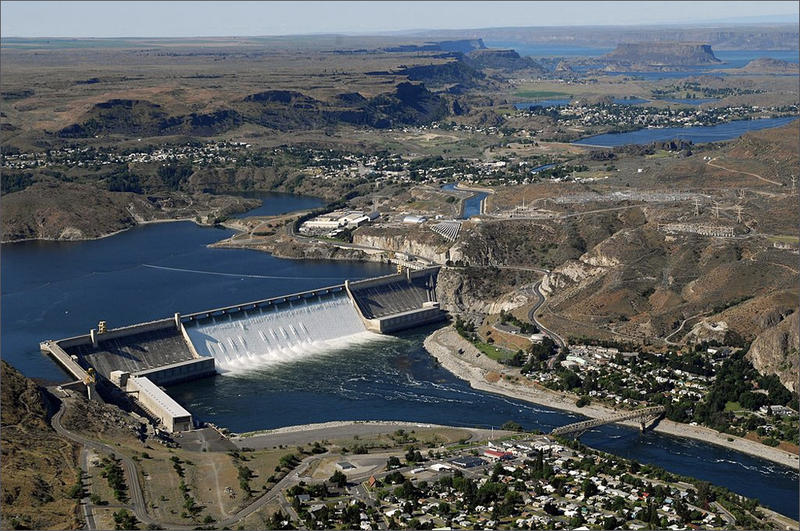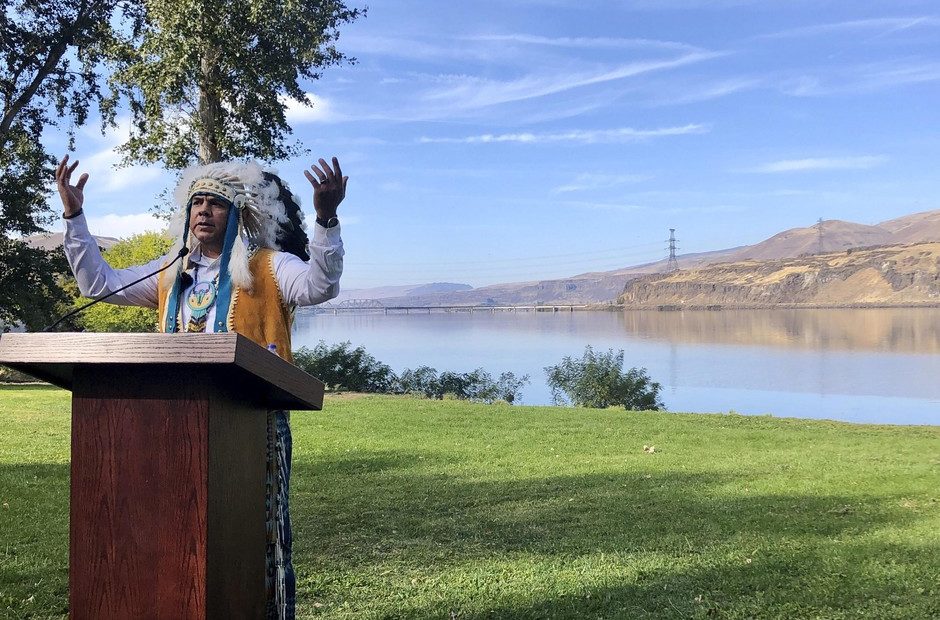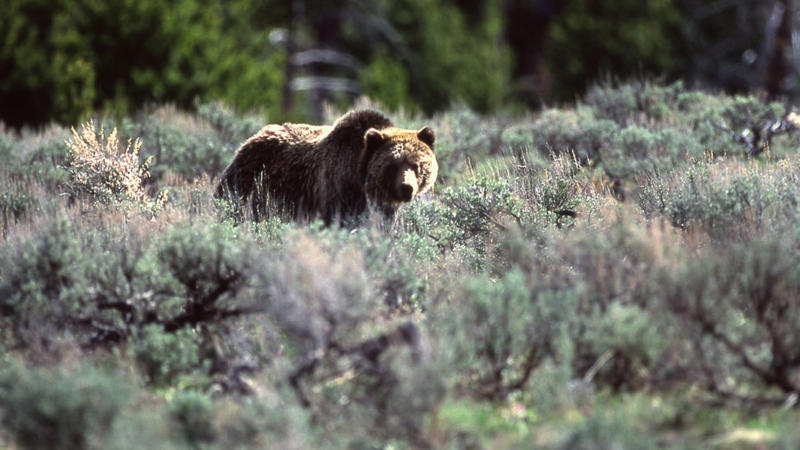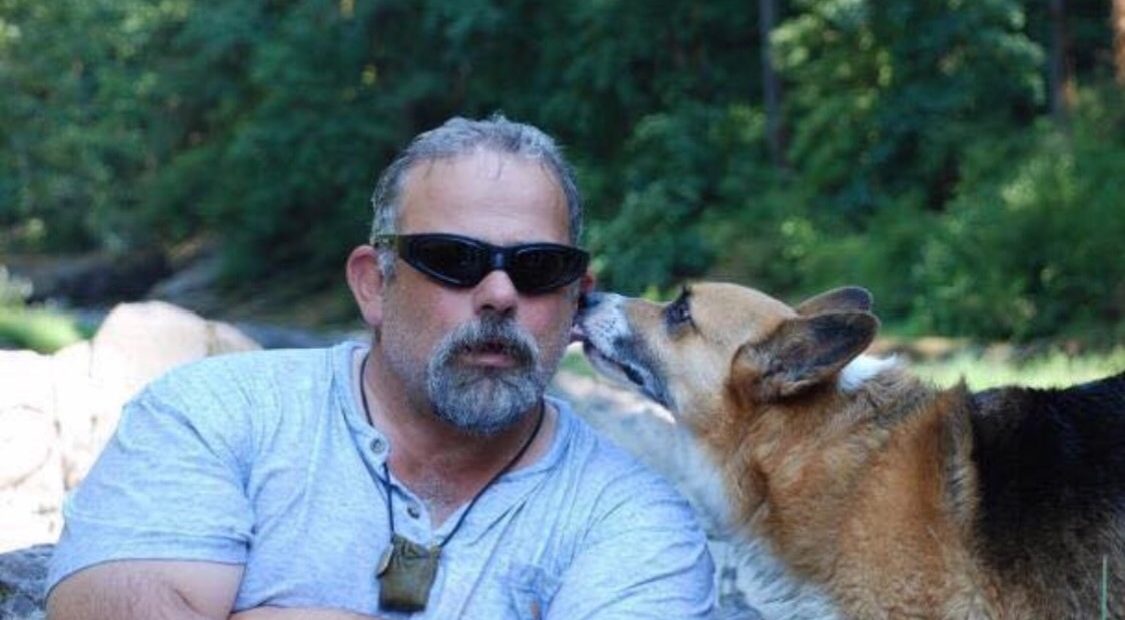Historically, the Yakama Nation Tribal School was a school “of last resort,” says principal Adam Strom, where students came after they could no longer attend other area schools. That’s changing. He says courses like this one in environmental science and natural resources are a big reason why.Read More
The Great American Outdoors Act would permanently allocate $900 million to the Land and Water Conservation Fund, which finally lapsed almost two years ago.Read More
This moment of protest for racial justice is perhaps more poignant in Pasco, where five years ago the city reeled from its most high profile police shooting. The killing of Antonio Zambrano-Montes and the fallout after have marked this city, in murals and memorials, in police interactions and protests.Read More
It’s been a rough couple of months for outdoor recreation businesses – from mountaineering and rock climbing guides to river rafting, sea kayaking, mountain biking guides and private campgrounds. Outdoor recreation brings in big bucks to the Northwest — especially to many of the rural communities that act as gateways to the great outdoors.Read More
Deforestation, climate change and the disturbances it can exacerbate – like wildfires, extreme droughts and insect outbreaks – are decimating old growth forests across the globe. That means forests worldwide are filling in with younger and shorter trees, according to a new study.Read More
Photos circulating on social media showed cars lining streets of downtown Winthrop and along roads on the Interstate 90 corridor. The concern is that people can bring the coronavirus into these small towns that have fewer medical resources already available.Read More
On those trails, state officials are asking that you take precautions: stay six feet away from people, wear masks if you can’t meet that guideline, bring hand sanitizer, water and soap. You should also pack out what you pack in.Read More
Earlier this year, there was only one electric school bus in the entire state of Washington. By this fall, the electric school bus fleet should be vastly expanding. Forty new buses may transport students in districts throughout the state possibly starting in the fall — assuming in-person classes are back on.Read More
Whitman County will now enter Phase 2 of Gov. Jay Inslee’s Safe Start reopening plan. The application was approved Friday, just a day after Whitman County announced its first positive COVID-19 test since April 22. Read More
Water temperatures are expected to increase as the climate warms. Rivers saw a glimpse of what the future could hold five summers ago, when low water flows and hot temperatures killed thousands of salmon.Read More
For the last six weeks, if you followed a winding road past the Port of Pasco and the start of a recreational trail, you’d come to a closed gate. A large orange “Emergency Closure” sign tacked to its front. Today, the sign came down, and the gate opened.Read More
Highway rest area dumpsters have been filled to the brim. Recently, Washington Transportation Dept. employees hauled two truckloads of appliances, scrap metal and other junk from the side of State Highway 225, outside Benton City.Read More
In a study recently published in the Journal of Wildlife Management, WSU scientists found that lynx only occupy about 20% of potential habitat in Washington.Read More
We felt a stroke of luck two weeks ago, when our local theater chain in Tri-Cities handed out bags of popcorn over the weekend. But that night, as we chowed down and watched one of the many movies we’ve streamed recently, we realized we really missed seeing movies with our friends. Little did we know, the Milton-Freewater Drive-IN would fulfill our wish. And that of about Read More
For much of the Northwest, snowpack is above normal. That’s a good sign this time of year, when snowpack usually reaches its peak. Having enough snowpack is critical for spring and summer runoff that will supply water for irrigation and salmon runs. But that doesn’t mean everywhere has that much snow.Read More
As the climate warms, fire seasons will get worse – that’s especially true for low-elevation ponderosa pine forests east of the Cascades. According to a University of Washington study published in the journal Fire Ecology, wildfires there will be larger and more frequent. Read More
Some rules aren’t meant to be broken. Rules like Washington’s public lands closures. Enforcement officers have still noted crowded parking lots places such as at the Ahtanam State Forest in Yakima County.Read More
Even though large predators sometimes leave food that smaller predators scavenge, turns out, it’s actually dangerous for smaller animals to eat the leftovers. Read More
The state Dept. of Ecology will bring the student crews back next summer. But the agency will will hire more adult crews, ages 18 and up, to pick up litter. There won’t be as many openings as with youth workers because the adults will work longer than three weeks. Read More
Each year, state, federal and local officials train around 1,000 firefighters. Trainings start in April and last through May. Now, that's all on hold.Read More
You’ll have to put off your favorite hike on Washington public lands for at least two weeks. State-managed parks and wildlife areas are closing starting Wednesday, March 25.Read More
The Washington Court of Appeals on Tuesday dismissed a case against the state brought by more than 300 survivors of the 2014 Carlton Complex wildfire in north-central Washington.Read More
If you want to attend public hearings on the federal government’s plan to manage the Columbia and Snake River dams, you’ll have to do it by phone. The previously scheduled in-person meetings are now teleconferences.Read More
Washington regulators must soon consider rules to limit the use of a controversial pesticide that can cause neurological and health problems, especially in young children. A bill passed by state lawmakers this session didn’t outright ban the pesticide, as health and farmworker activists had proposed. Read More
The wildflower season at Mount Rainier National Park was short in 2015. Some of the lupines stopped flowering and didn’t make seeds like they normally do. The shorter season also meant fewer people saw peak blooms. A new study looks at how winter changes may affect tourist season at Washington's iconic park.Read More
Climate change isn’t a new topic for progressive churches like Shalom United Church of Christ in Richland. But it is perhaps tinged with new urgency. Survey results from the Pew Research Center show that congregations are delving into environmental awareness recently. And so are farmers.Read More
Researchers began their detective work, trying to figure out what happened to these treated areas during the first few extreme days of the Carlton Complex fire. They gathered geospatial maps and satellite images.Read More
The U.S. Army Corps of Engineers, Bureau of Reclamation and Bonneville Power Administration laid out a range of six alternatives in a draft environmental impact statement. The most controversial measure would have been to remove or alter the four Lower Snake River dams.Read More
The report from the independent Government Accountability Office says the U.S. Department of Energy has not found the root causes of the partial collapse of the waste-storage tunnel, and that failures in DOE’s investigation, inspections and maintenance of other aging and contaminated facilities is concerning.Read More
As more old orchard land in central Washington is converted into housing developments and schools, there are concerns over legacy pesticides in the soil where children play and families live. That’s especially true in Wenatchee and Yakima. Read More
At the start of 2020, the situation looked dismal. After a dry start to the season, Washington and Oregon had less than half the amount of snow they’d normally see in the mountains. Then came the first few weeks of January. Read More
For years, engineers with the U.S. Army Corps of Engineers have worked to design a hydroelectric turbine that’s safer for fish. They’ve recently installed a new design that’s improving energy efficiency and improving fish survival along the Snake River, with plans to upgrade more turbines over the next several years.Read More
When you get lost in the woods or are hurt and can’t make your way back to your car, the search and rescue teams who come looking for you may have to hike in, repel down steep cliffs, or fly through the air in helicopters. Recently, drone technology is also helping.Read More
Conservation groups say the animals need to be listed as threatened under the Endangered Species Act. Ten groups want to force the federal government to protect the elusive wolverines. The groups estimate there are around 300 wolverines left, sparsely scattered across the Mountain West, including Idaho, Washington and Oregon. Read More
More than 300 people showed up to hear speakers talk about why it’s important to either keep or alter the dams. The panel stems from a Washington state study that will guide the state’s position on dam removal.Read More
Upcoming public workshops will examine a draft report that gauges how people in Washington want to deal with the fate of the dams. At the workshops, officials will present the report’s findings, followed by a panel discussion. People can submit written and online comments on the draft report through Jan. 24.Read More
A new energy storage project is in the works near eastern Washington’s Chief Joseph Dam on the Columbia River. The project is expected to bring construction jobs to the region. But the nearby Confederated Tribes of the Colville Reservation worry it would harm important cultural areas.Read More
The Columbia River Treaty is costing U.S. ratepayers and public utility districts too much. That was the broad sentiment at a sometimes-tense town hall Monday about ongoing treaty negotiations. At the Richland meeting Monday night, negotiating officials laid out the complicated back-and-forth between the U.S. and Canada.Read More
Peter Marbach says he wanted to use his photography to tell the story of the Columbia River, to move from purely landscape images to a more social justice-driven book. To do that, he needed help -- from the First Nations communities most affected by the development of dams along the river.Read More
Unlike the Cascadia Subduction Zone, the faults in eastern Washington are in the upper crust, (the outermost layer of the earth). That means they’re closer to the surface and to communities. They may not produce as large of an earthquake as the subduction zone off the coast, but the earthquakes these inland faults can produce could significantly damage infrastructure in Read More
Biologists say, if things continue, salmon may be extinct from the basin by next century. That’s why they’re coming up with a plan to help restore the area’s 3,400 miles of streams and rivers – which are also home to the largest diversity of amphibians in the state.Read More
The environmental group Columbia Riverkeeper has sued dam operators along the Columbia and Snake rivers. They hope to reduce oil spills, require operators to monitor how much oil is leaking into the water and ask dam managers to look into using eco-friendly oil. Read More
Washington state wildlife officials are asking that you slow down, don’t drive distracted, use your high beams when you can, and brake a little longer if you see just one deer, since often more deer will follow.Read More
Don’t be fooled by the fall weather and cold temps hitting the Northwest this week. Washington officials are warning people to keep an eye on outdoor burning this time of year. It can still spark a fire, especially with strong winds whipping through the state Monday night through Tuesday morning. Read More
Environmental and Latino groups are hosting a clean drinking water forum Saturday, Oct. 26. The goal is to help people learn how they can get their water tested – and why it’s important.Read More
At the end of the Obama administration, the U.S. Fish and Wildlife Service came up with a plan that was supposed to shorten a backlog of species that might need a place on the endangered species list or need more critical habitat protected. But the Center for Biological Diversity says that plan has gone by the wayside under the Trump administration. Read More
If you live at the foot of a dam – or downriver – you may wonder what could happen if an earthquake rumbled nearby. Dam managers say it’s something they’re constantly watching, but major shaking east of the Cascades shouldn’t cause too much damage. Read More
Standing on the banks of the Columbia River, near the remnants of Celilo Falls in the Columbia River Gorge, Yakama Nation Chairman JoDe Goudy traced the history of decrees, congressional acts and court cases that led to the damming of the river.Read More
Around 450 people filed into the AgriComplex building at the Okanogan County Fairgrounds Monday night. They wanted to voice their opinions on a draft plan to relocate grizzlies to the North Cascades.Read More
Christian Johnson, 55, had been flown to Harborview Medical Center in Seattle after suffering burns over more than half of his body fighting the Spring Coulee Fire on Sept. 1. Read More

